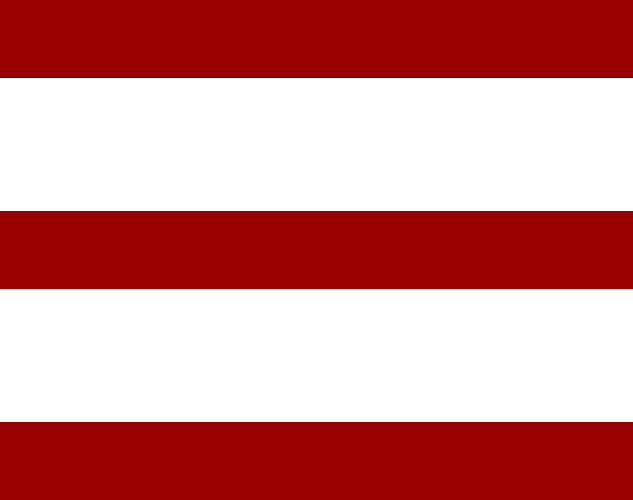 公告通知
公告通知

图像的逻辑及其阐释:第三届北京大学美术史博士生国际学术论坛
2012年10月19-21日
主题发言人:李 松教授,北京大学艺术学院美术学系
进入21世纪,视觉文化和世界美术研究日益成为美术史研究中的两大潮流。美术史与考古学、宗教学、历史学、人类学等不同学科背景的学者通过分工协作来讨论解决一些共同关心的文化命题,这已经成为学术的主导潮流。美术史研究者们从政治、社会、经济、文化、人类精神等多元角度解析美术的历史和风格形成的原因,这使得美术史研究呈现出更为多样化的面貌。
但是,“图像”始终是美术史研究的核心问题。像语言一样,图像也有其自身的逻辑和系统。当下很多艺术史及文化史研究往往偏重对图像的社会学的阐释,关注外部环境的考察。而没有有效地针对图像的视觉性特征。只有正确的理解和解读艺术作品和图像材料的视觉逻辑和制像规则,才能正确解读其信息和涵义。艺术也才能像文字材料一样,成为历史研究的有效证据。无论是宗教艺术,经典艺术,还是普通的视觉材料,首先要正确地评价其视觉特征和要素,并以此展开研究和讨论。这也是美术史学科区别于其它人文学科的最大特征。
探究不同国家的不同艺术的特性与关系是当前艺术史界最受关注的课题之一,世界艺术研究的概念已深入人心。但是,艺术史研究的方法和工具源于西方的传统,对于其它文化中的艺术研究是否具有普适性?如套用图像学的方法移用到中国佛教艺术和道教艺术研究中,是否凿枘或有效?
2012北京大学博士生国际学术论坛将为国内外年轻学子提供一个平台,以图像的逻辑及其阐释这一主题,交流、分享彼此研究成果。我们现面向国内外博士研究生征集参加论坛的论文提要。
本次论坛,正式受邀参会者的食宿费用由主办方负责。此外,会议期间还会安排相关考察活动。
论坛工作语言为中文和英文。
请有意参加会议的博士研究生于2012年6月5日之前,提交1000字的论文摘要,以及个人学术简介,并发送到论坛工作邮箱:conferencepku@gmail.com;如有其它问题,可以联系会议秘书:
吴燕武:ian.wu@pku.edu.cn
王 菁:caoerror@163.com
地址:北京市海淀区颐和园路5号 北京大学艺术学院(邮编:100871)
传真:62759675
Logic of Image and Its Interpretations
The Third International Graduate Symposium of Art History
Peking University, October 19-21, 2012
Keynote Speaker: Professor Li Song, Department of Art History, School of Arts, PKU
Ever since the beginning of the 21st century or earlier, studies of visual culture and world art history have become two major trends in the field of art history. Scholars from different disciplinary backgrounds such as archaeology, religious studies, history, anthropology, and art history, have begun to discuss some commonly concerned cultural issues through their both independent and collaborative works. This interdisciplinary approach has become dominating in academia and to some extent art history has benefitted from it.
No doubt, image has always been the key issue in art historical studies. Like language, image has its own logic and system. Nowadays, art historical and cultural studies mostly are inclined to focus on interpreting images in social context. Studies of visual quality of image in its own terms have somehow been neglected. Only if one accurately understands the visual logic and image-making principles in artworks and visual materials, could one properly interpret their meanings and significances. Thus, artworks can do what textual materials do when they become useful evidences in our understanding of history. No matter they are religious arts, classical arts, or common visual materials, the first and foremost thing we should do is to accurately evaluate their visual characteristics and elements so as to open the further ways of research and discussion. This is what art history as a discipline differs from other disciplines in humanities.
Today, one of the most concerned issues in art historical field is to explore the characteristics of, and interrelations between, artworks from different cultures. Thus, the notion of world-art study has been widely discussed. Nonetheless, even if the methodological tools of art historical studies are rooted in the tradition of Western art history, would they be universally useful for studying artworks from other cultures? For example, if we apply methods of "Iconography" to our studies of Chinese Buddhist and Daoist arts, would they still be proper and valid?
The 2012 Peking University Graduate Symposium aims to provide young scholars with an engaging platform, where they can exchange ideas and share their own research across the theme of “Logic of Image and Its Interpretations." We are now open to accept proposals from graduate students both in China and overseas.
During the symposium, we will like accommodate invited participants with food and lodging. In addition, we will sponsor a field trip for the participants.
The working language will be both Chinese and English.
Potential participants should submit a proposal of 1000-word and current curriculum vitae to: conferencepku@gmail.com before June 5, 2012. A confirmation email will be sent to applicants after the proposals are selected.
If you have any questions, please contact:
Mr. Ian Wu: ian.wu@pku.edu.cn
Ms. Wang Jing: caoerror@163.com
Address: 5 Yiheyuan Road, Haidian District, Beijing, PRC, 100871
School of Arts, Peking University
Tel. 0086-10-62751905
Fax. 0086-10-62759675